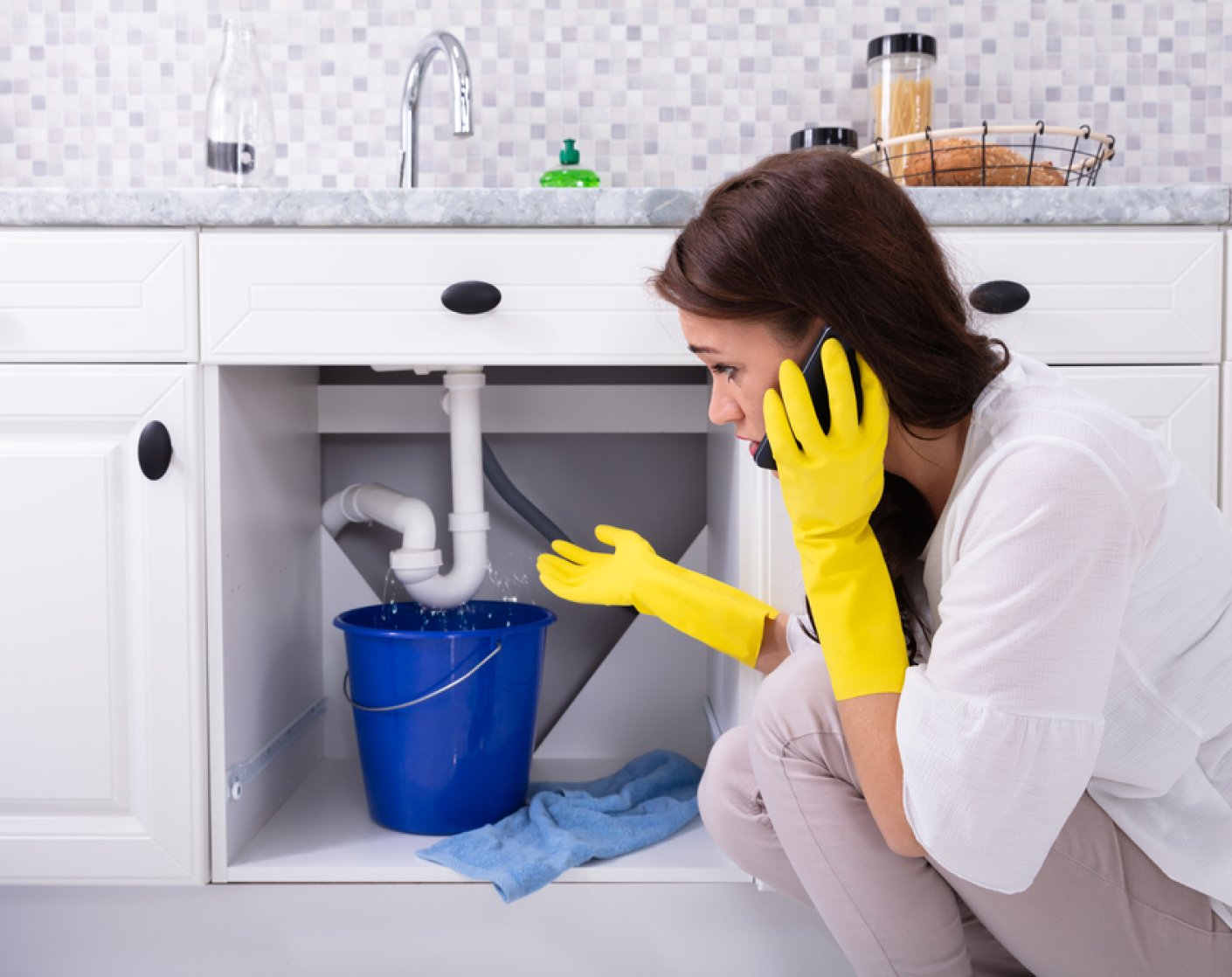Comprehensive Guide to Emergency Plumbing Services
Comprehensive Guide to Emergency Plumbing Services
Blog Article

Plumbing issues can arise unexpectedly, often leading to significant damage if not addressed promptly. Whether it's a burst pipe, a clogged drain, or a malfunctioning water heater, having access to reliable emergency plumbing services is crucial. This guide explores the importance of emergency plumbing, common issues addressed, how to choose a reputable service, and tips for preventing plumbing emergencies.
Understanding Emergency Plumbing Services
Emergency plumbing services are specialized offerings designed to address urgent plumbing issues that require immediate attention. These services are typically available 24/7, ensuring that homeowners and businesses can receive assistance at any time, day or night. The primary goal is to mitigate damage, restore functionality, and provide peace of mind during stressful situations.
Common Plumbing Emergencies
Several plumbing issues can escalate into emergencies if not promptly addressed:
Burst Pipes: Frozen or aging pipes can burst, leading to extensive water damage.
Clogged Drains: Severe clogs can cause water backups, resulting in potential flooding.
Sewer Line Backups: Blockages in the sewer line can lead to raw sewage backing up into the home.
Water Heater Failures: A malfunctioning water heater can disrupt daily activities and cause discomfort.
Gas Leaks: Gas leaks pose significant safety hazards and require immediate attention.
Choosing a Reputable Emergency Plumbing Service
Selecting a reliable emergency plumbing service is essential to ensure quality work and prompt response. Consider the following factors:
Licensing and Certification: Ensure the plumber is licensed and certified to operate in your area.
Experience: Opt for a service with a proven track record in handling emergency situations.
Availability: Confirm that the service offers 24/7 availability to address emergencies at any time.
Insurance: Verify that the plumber carries adequate insurance to cover potential damages.
Customer Reviews: Check online reviews and testimonials to gauge customer satisfaction.
The Importance of Prompt Response
In plumbing emergencies, time is of the essence. A swift response can prevent minor issues from escalating into major problems, saving homeowners from costly repairs and potential health hazards. For instance, a leaking pipe can lead to mold growth and structural damage if not addressed promptly.
Preventing Plumbing Emergencies
While it's impossible to prevent all plumbing issues, regular maintenance can significantly reduce the likelihood of emergencies:
Regular Inspections: Schedule annual plumbing inspections to identify and address potential problems early.
Proper Drain Maintenance: Avoid pouring grease or large food particles down the drain to prevent clogs.
Monitor Water Pressure: High water pressure can strain pipes; consider installing a pressure regulator.
Insulate Pipes: In colder climates, insulate pipes to prevent freezing and bursting.
Know the Shut-Off Valve Location: Familiarize yourself with the main water shut-off valve to quickly stop water flow in emergencies.
Cost Considerations
Emergency plumbing services often come at a premium due to the urgency and time of service. On average, plumbers charge $105 per hour, with basic repairs ranging from $150 to $340. More extensive projects, like toilet replacement or water heater installation, can cost $470 to $1,320. Complex repairs, including sewer line fixes or house replumbing, range from $700 to $10,000 or more. Emergency services may cost an average of $350 per hour with additional fees.
THE SPRUCE
Conclusion
Emergency plumbing services play a vital role in maintaining the safety and functionality of your home or business. By understanding common plumbing emergencies, choosing reputable services, and implementing preventive measures, you can ensure that you are well-prepared to handle unexpected plumbing issues effectively.